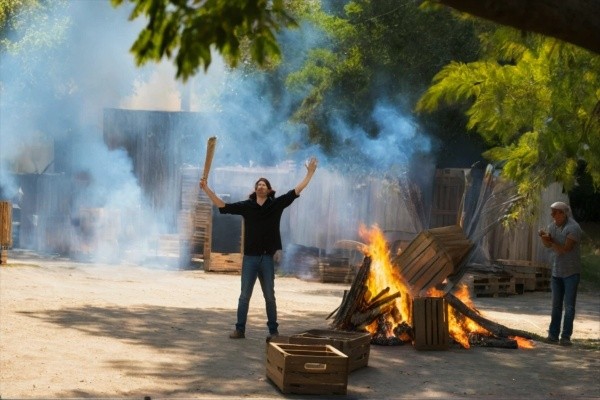Iran’s Plan to Strike Back Against the U.S.
Iran’s Military Preparations Following U.S. Attacks
Loading...

Violent Clashes and Nationwide Demonstrations Over Civil Service Hiring Quotas Rock the Country.
Bangladesh has been engulfed in turmoil as student protests over civil service hiring rules intensify, prompting the government to suspend mobile internet services and leading to violent clashes between students and police.
The protests, which have resulted in at least nine deaths and over 500 injuries, have persisted with no signs of abating. To quell the unrest, authorities have imposed a suspension of mobile internet services across most of the country, citing "various rumours" and the "unstable situation created" on social media as the reason for the temporary shutdown. This move followed the earlier blocking of access to Facebook, a key organizing tool for the protesters.
Tensions escalated on Thursday as police fired tear gas canisters at students near BRAC University in Dhaka and clashed with stone-throwing students who had blocked a main highway in Chittagong. The protests have continued to spread across different parts of the country, prompting a nationwide shutdown called for by the students with the support of the opposition Bangladesh Nationalist Party (BNP).
The students' protests are rooted in their opposition to a quota system for government jobs, which they argue unfairly favors supporters of Prime Minister Sheikh Hasina’s Awami League party. Under this system, a third of jobs are reserved for family members of veterans who fought for the country’s independence from Pakistan in 1971. With nearly 32 million people, almost one-fifth of the total population, experiencing high youth unemployment, the students are advocating for a merit-based system.
The protests gained momentum after violence erupted at Dhaka University, resulting in clashes between protesting students and the police as well as the student wing of the Awami League. The government's response to the unrest included the indefinite closure of all public and private universities and the deployment of riot police and the Border Guard paramilitary force to campuses.
The situation turned increasingly violent, with reports of students being targeted with rubber bullets, shotguns, and tear gas, resulting in casualties including an 18-year-old who died after being hit by rubber bullets. The government's attempts to address the concerns of the students, including promises to set up a judicial panel to investigate the deaths and a willingness to engage in discussions, have not quelled the unrest.
International diplomatic missions, including the United States embassy in Dhaka and the Indian embassy, have issued advisories to their citizens to avoid demonstrations and large gatherings. Additionally, rights groups such as Amnesty International, the United Nations, and the US have called on Bangladesh to protect peaceful protesters from violence.
The protests represent a significant challenge to Hasina’s government since her reelection in January, and the situation remains tense as the government and students continue to engage in a standoff over the civil service hiring rules.
Editor
Iran’s Military Preparations Following U.S. Attacks
Troops remain in five strategic locations, raising fears of renewed tensions and long-term occupation.
Opposition forces have taken control of the capital after a significant offensive. Here is how it unravelled.
